Ecommerce knowledge
Digital commerce knows no standstill. The requirements are becoming more and more complex, especially for the managers of an online store. With the Shopware ecommerce knowledge section, we would therefore like to offer you a platform that covers current ecommerce topics.
Would you like to know what exactly the difference is between SaaS and PaaS? Or headless commerce? In the Shopware ecommerce knowledge section, you'll get first-hand, in-depth knowledge from experts.
placeholder how to Global E
coming soon
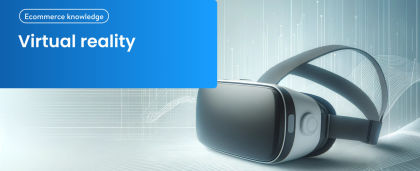
Discover more about the transformative power of Virtual Reality (VR) in various fields, from eommerce and entertainment to education and healthcare. What are the challenges and future prospects of VR in the digital landscape?
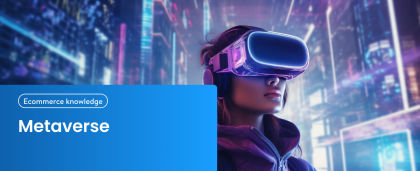
A fascinating world where reality and virtuality merge. Discover how augmented realities are redefining eommerce and social interaction
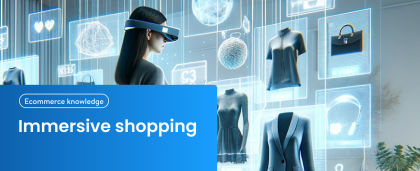
Explore the evolution of shopping through innovative technologies like Augmented Reality (AR) and Virtual Reality (VR), enhancing the shopping experience with three-dimensional, immersive encounters.
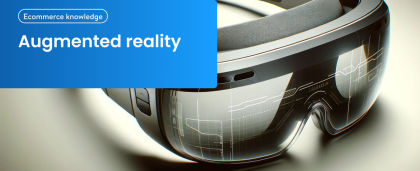
Experiencing products in the real world virtually? We explain the difference between AR and VR, the advantages of AR in eommerce, and take a glimpse at the exciting future prospects of this emerging technology.
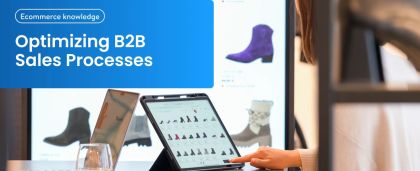
Harness the power of the ideal ecommerce platform to transform your B2B sales journey: with customized offers, interactive online product displays, advanced automation and more. Dive into the diverse possibilities!
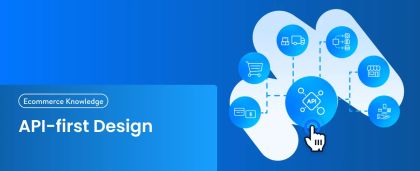
Explore the seven core principles of API-first design in B2B commerce, from standardization to user-friendliness. Understand how this strategy is driving the future of ecommerce with innovative cloud and headless commerce solutions.

Dive into the power of Business Process Automation (BPA). Explore BPA's role in B2B ecommerce, its cost-saving benefits, and its impact. Learn more.

Open source ecommerce is a growing concept that could revolutionize the future of online commerce. The following article explores the various aspects of this interesting trend.
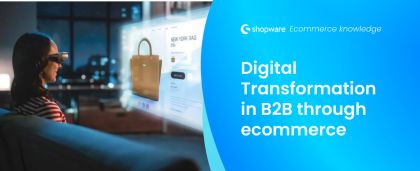
Ecommerce is reshaping the very core of how businesses interact with each other. In the last ten years, more and more companies have started selling their products and services online, and this trend is especially noticeable in the B2B sector.

In today's rapidly evolving B2B ecommerce landscape, the frontrunners are those who can simplify and clarify complex products and services. As this unfolds, "user-centric thinking" emerges as a pivotal strategy. But what is it all about?

Let's face it: Historically, the B2B industry, regardless of it being offline or online, hasn't exactly been renowned for its inclination towards innovation or picking up B2B ecommerce trends rapidly
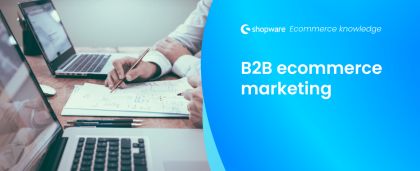
Even if you're seasoned in account-based marketing of B2B products and services, it's worth revisiting the critical distinctions between B2C and B2B marketing when crafting, fine-tuning, and executing your marketing plan.

If website visitors leave a company's store without purchasing the product or service they were looking for, this is a warning signal. This is where A/B testing comes in to get to the bottom of the problem.

The heart of every online store is its products and all the information associated with them. This makes the maintenance of product data all the more important, and this should be as simple and efficient as possible.

The ccommerce sector is booming and more and more medium-sized companies are taking advantage of online trading. The security of a store system is crucial for building customer trust, preventing data loss and protecting the store from potential threats.

Bounce rate is an important metric in marketing to evaluate the effectiveness of a website. With its help, companies analyze the page views of their website.
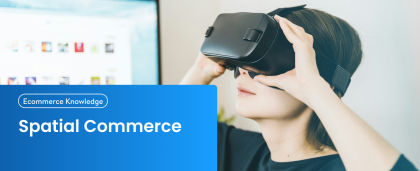
Spatial Commerce is revolutionizing the way we shop. Through the use of technology, an interactive and personalized shopping experience is made possible.

In the digital age, there are many options for reaching customers and placing advertisements. One effective marketing strategy is so-called retargeting (also known as remarketing).
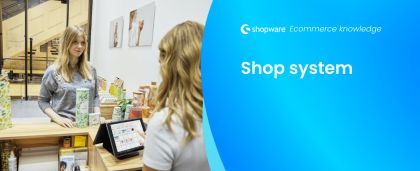
A shop system is the basis for running a successful online shop - for both small and large companies. This software solution makes it easier for companies to offer their products or services online.
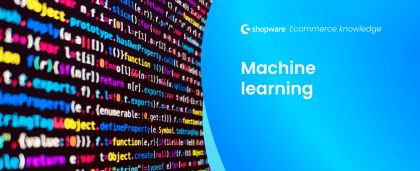
Machine Learning is on everyone's lips, because Big Data is becoming more and more relevant in today's society. Data feeds corresponding algorithms that learn from it and ultimately make decisions.
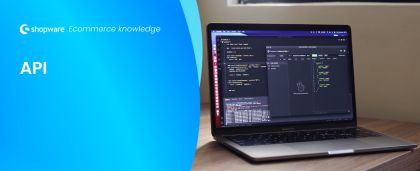
In the digital world, networking of applications and systems is essential. One way to achieve seamless integration is through the use of APIs (Application Programming Interfaces).
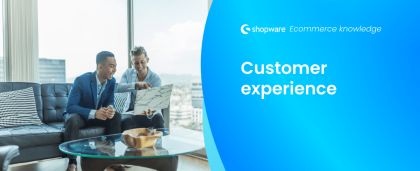
It is no longer enough to simply advertise a good value or offer high quality - this is where customer experience (also known as CX) comes into play. It is decisively responsible for the success and growth of a company

The days when store operators needed technical know-how and programming skills for their ecommerce are over. User-friendly content management systems (CMS) allow even inexperienced online merchants to create an online store.

Ecommerce has experienced an enormous upswing in recent years. More and more people are buying their products online, be it clothing, food or electronics. But what about the issue of sustainability in ecommerce?

Online stores and companies use buyer personas to specifically narrow down their target group. They serve as so-called archetypes and describe an ideal customer for the products and services offered.
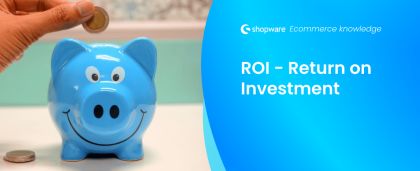
Return on investment, or ROI, is a key metric for ecommerce businesses, as it helps to measure the effectiveness of various marketing and sales efforts.
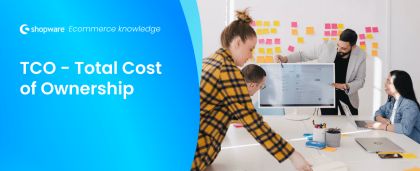
Total cost of ownership (TCO) is a financial metric that businesses use to evaluate the overall cost of a product or service over its entire lifecycle. In ecommerce, TCO can be used to evaluate the cost of running an online store.

As ecommerce gains in popularity year on year, mobile commerce is also becoming more of a focus. This refers to the shopping experience via mobile devices.

When paying in the online store, it is possible for customers to choose the payment system that suits them best. This often ranges from PayPal to purchase on account to prepayment or cash on delivery.








